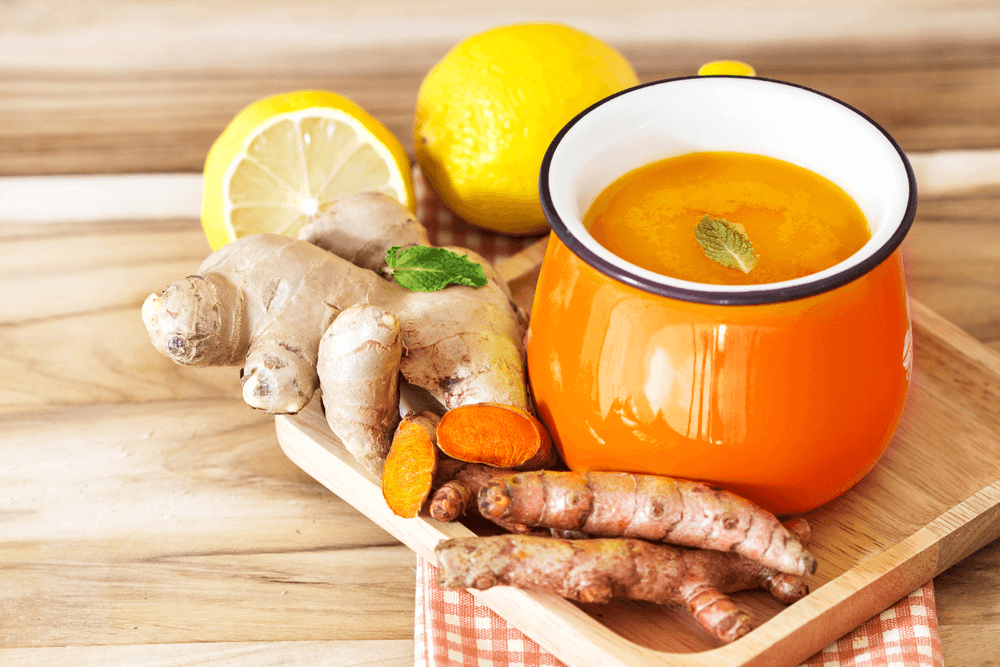5. Reduce salt and sugar intake
A high salt intake may increase the risk of cardiovascular disease and result in high blood pressure. There are tips to reduce salt in the diet:
- When shopping, choose products consisting of lower sodium content.
- When cooking, instead of adding salt, use other spices and increase the variety of flavors and tastes.
- When eating, don’t have salt at the table and avoid adding salt before tasting.
Despite providing sweetness and an attractive taste, sugary foods and drinks are high in energy and are best enjoyed in moderation, as an occasional treat. We could use fruits instead to sweeten our foods and drinks.

6. Eat regularly, paying attention to the portion size
The best formula for a healthy diet is to eat a variety of foods, regularly, and in the right amounts.
Skipping meals, particularly breakfast, can result in out-of-control hunger and helpless overeating. Although snacking between meals can help control hunger, it should not replace proper meals. For healthy snacks, we should choose yoghurt, unsalted nuts, a handful of fresh or dried fruits or vegetables, or some bread with cheese.
Moreover, control portion size will help us not to consume too much calories at the same time allowing us to eat any food we enjoy without having to eliminate any.
Tips:
- Cooking the right amount helps us to not overeat.
- Using smaller plates helps with smaller servings.
- Some reasonable serving sizes are: 100g of meat; half a cup of raw pasta; one medium piece of fruit.
- Packaged foods, with calorie values included on the pack, can aid portion control.
- When eating out, share a portion with a friend.
7. Drink plenty of water
Adults need to drink at least 1.5 liters of water per day or more if it is very hot or they are physically active. Water is the best source and we can use tap or mineral water, plain or flavored, sparkling or non-sparkling. Tea, soft drinks, fruit juices, milk and other drinks, can all be okay.
